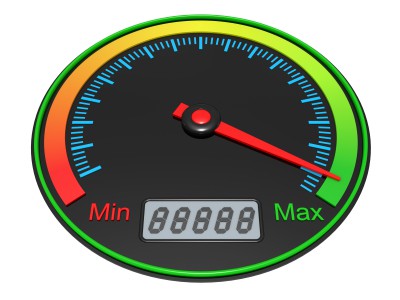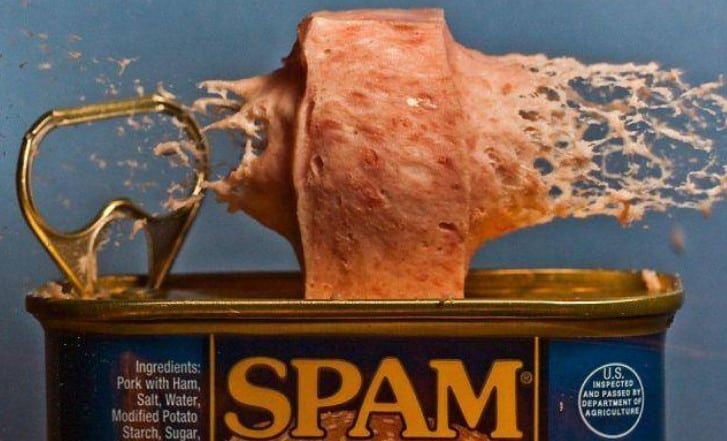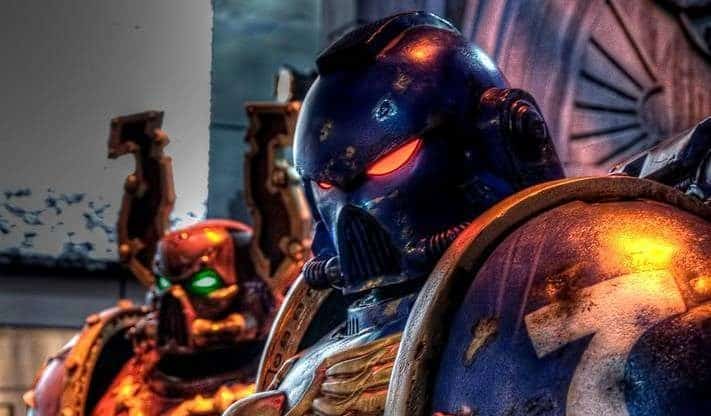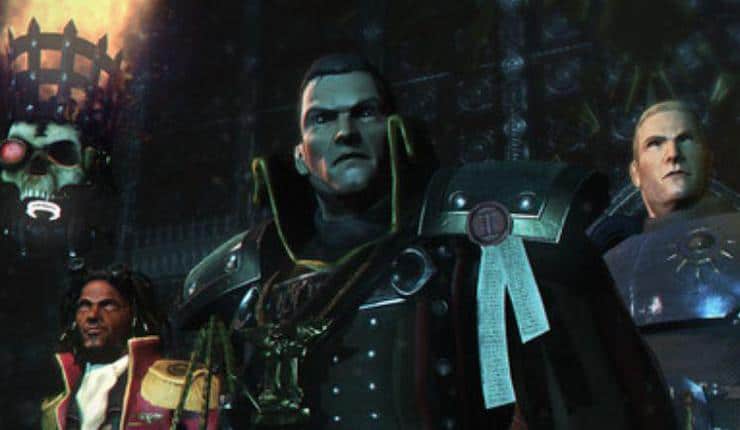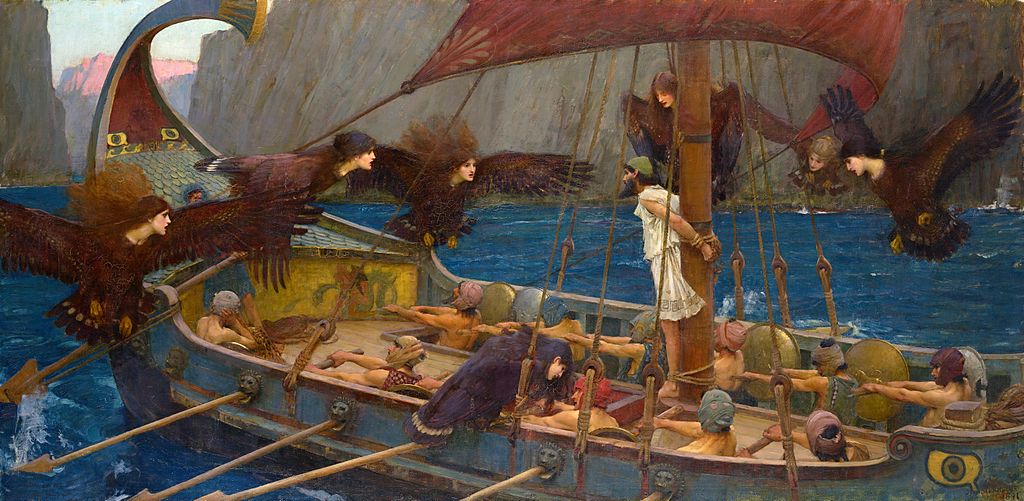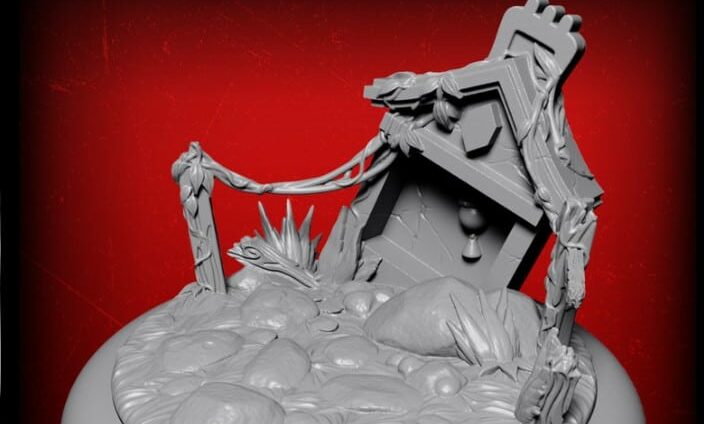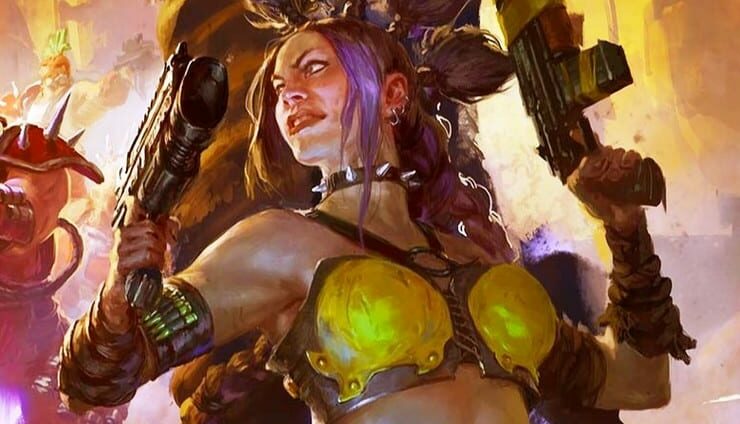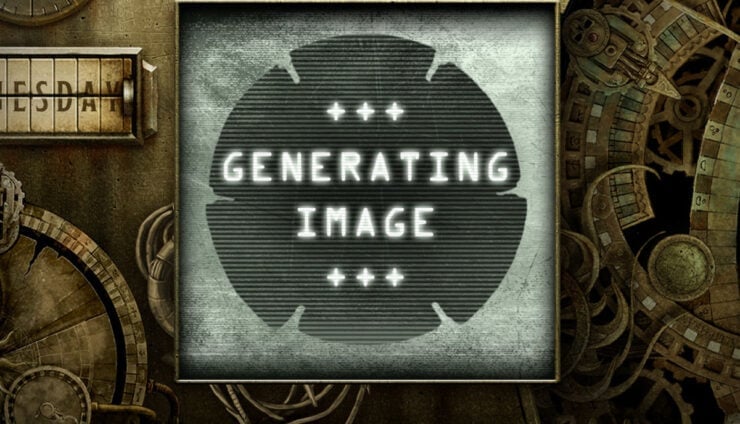Today we’re going to be taking a psychology look at why the human mind enjoys playing games and how we decide to make certain moves within tabletop games themselves.
Hi all, Dr Greg from The Plastic Crack Blog here. I thought it would be interesting to do a mini-series using my knowledge as a registered psychologist to apply psychological theory to the tabletop. Today I’m going to be discussing how we make choices when playing tabletop games.
Any game can be reduced to a series of choices; do I move here, do I select this unit, do I shoot etc. This results in thousands of little choices leading to the success or failure and to enjoyment or dislike of the game itself. Below are five ways in which these choices are influenced and I will be using examples predominantly from Infinity the Game, but they can be applied to all tabletop games.
Maximising
One element that everyone will be confronted with at some point will be picking a choice that maximizes reward.
This could be choosing to shoot your opponent with a combi-rifle with your sniper rifle where you are in a +3 range and they are at a negative 6. Mathematically these choices gives us the greatest level of success. A lot of players don’t spend time working out the exact mathematics behind each decision until after they have already chosen to do so which is a skill that comes from experience and makes a good player being able to quickly evaluate the situation and run the basic maths in order to have good odds prior to committing to a an order or decision.
Usually, players only maximize choices when they are simple and deterministic. It is only when the situation gets more complex that they engage in exploratory actions and are ales likely that they are sure that they are doing the optimal thing. We eventually learn the rule for these scenarios, which are more subtle of difficult when talking about tabletop games as there are more variables in comparison to a video game where you get attacked by a boss until you learn it’s attack pattern.
Maximizing is great for players but bad for game designers, once a player is doing as well as it is possible to do they have, mastered the game and then it becomes predictable and boring, this is the benefit of having the crit mechanic in infinity as the random element of chance stops this from happening. When someone has mastered maximizing in one domain where they are getting high levels of reward for playing one list or mission, for example, moving to another army causes a drop in reward.
Matching
Matching law refers to the concept of the multiple options to produce rewards at a different rate. It is expressed as this mathematical equation;
Over and Undermatching
Matching as a mathematical equation was hailed as a great leap forward as an example of relatively complex human behavior akin to physical equations describing elementary particles, yet we deviate from a nice straight line described in matching law.
Part of our evaluation of scenarios means that we give more weight to contingencies, viewing them as a more equal option that they actually are. Whilst it doesn’t effect game design too much, over and under matching means that players who over or under match are less like to switch from choices they have made. Now this could be using a particular unit to execute a particular order which they deem to be substantially better at executing this than they are .
Or perhaps the view that changes in lists can cause a cost of learning curve stops people from making that choice/ A benefit of infinity is the use of weapons across all factions that minimizes this change as you already know what your opponent’s weapon does and thus can effectively evaluate it.
Risk
In every game, people should maximize each scenario by multiplying the possible reward by the odds of receiving that reward and choosing the best option. People can either be risk-prone or risk-adverse. Psychological studies have shown that people tend to choose consistency.
For example, you are more likely to make a more reliable choice as opposed to one that has a higher reward but is less likely of being pulled off.
Yet if the reward is so substantial this can outweigh the need for reliability and make people more risk-prone.
Odysseus’s Choice
Another large impact on decision making is immediate gratification; whether acting in this way will provide a large benefit immediately or if it will impact the game later down the line. The greater the immediate benefit the more likely the choice will be made there an then.
This is parallel to the Greek Myth of Odysseus and the Sirens. Odysseus knew his boat was about to sail near the place where the Sirens were singing and that anyone who heard them would throw themselves into the sea in a vain attempt to reach them. Because he wanted to hear the Sirens but also make it home alive, he ordered his crew to tie him to the mast and to plug their ears with beeswax so they would not hear the call.
In this way, his ship sailed safely past, his crew unhearing of both the Sirens and his pleas to be untied. Because he made the decisions at a long delay from both outcomes, his choice was a good one. If he’d waited until the Sirens were right there and had to choose, his decision would have maximized the short term happiness of listening to their song over the longer term reward of making it home alive.
I hope you’ve enjoyed this article and perhaps it’ll make you think more about how you’re making choices when it comes to crunch time in your next game!

